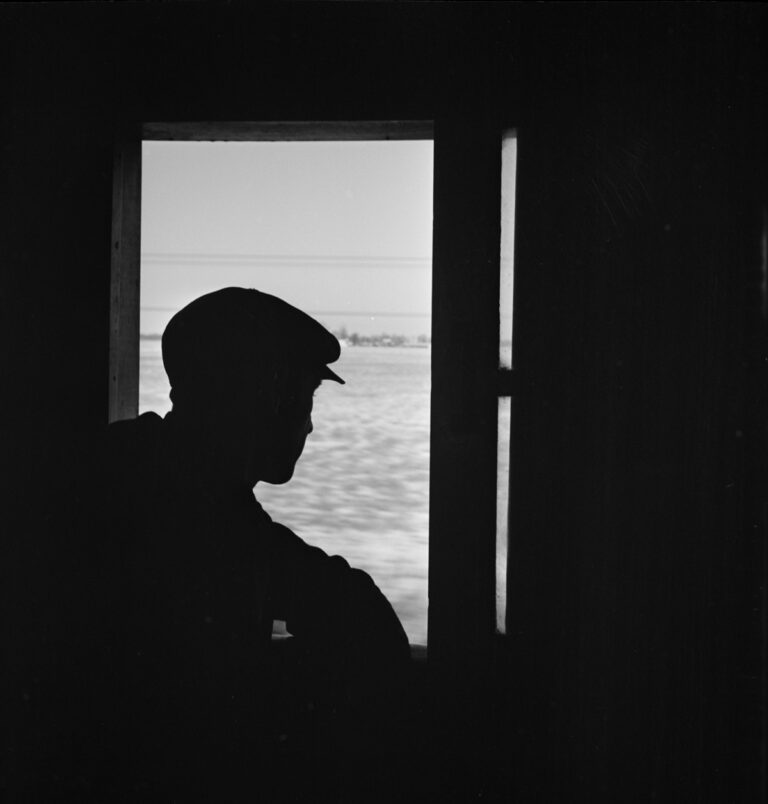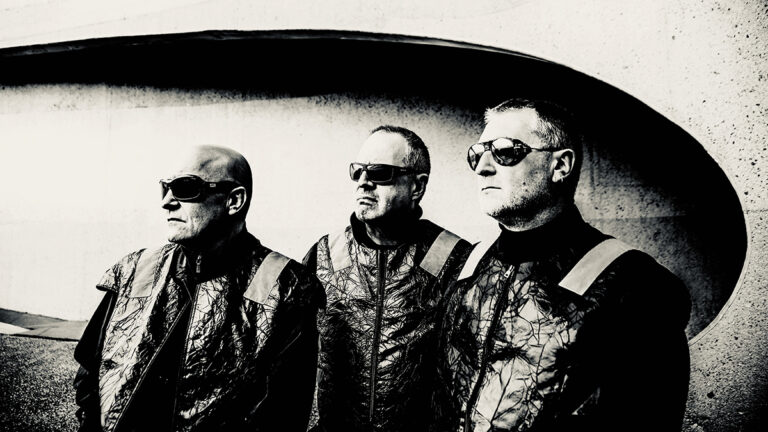On October 20, the Chicago Tribune published an opinion piece by David Mamet entitled “This is why Chicago was once the marvel of our nation.” Despite the city’s incredible accomplishments in the arts, the sciences, and commerce, Mamet declares our “current marvel is not innovation and prosperity, but murder and crime.”
Chicago, from Mamet’s perspective, has lost its ability to offer anything new to the world, other than images of violence.
Mamet begins his piece by claiming that his “small South Side neighborhood” gave the world Malcolm X, reporter Seymour Hersh, movie studio head Sherry Lansing, software giant Larry Ellison, and social critic Shelby Steele. “And the blues, the indigenous music that came up the Mississippi, remains the music of the world,” Mamet adds. Mamet subsequently lists off his picks of great Chicagoans, including B. Traven, a reclusive German adventure novelist with no record of ever living in Chicago. (There’s also no evidence Malcolm X lived in South Shore in his fleeting time in Chicago, though Muhammad Ali and Michelle Obama did, albeit years after Mamet’s family had moved out.) All the individuals mentioned in Mamet’s op-ed have either died or have left the city.
Mamet squarely places the blame for Chicago’s decline on “machine politics,” a crisis which is both local and national. “Mayor Richard J. Daley silenced dissentient City Council members by turning off their microphones, and readers may finish the comparison to the legacy media,” Mamet claims. Those who remain in this dying city “can vote for a return to a deserved civic pride and common sense.”
As the screenwriter of the highly entertaining but historically fanciful movie The Untouchables, Mamet must be aware that Chicago has long had a worldwide reputation as a corrupt, crime-ridden city. It is possible that a person who has thought deeply about murder as a dramatic device in a play or movie knows more about the nature of crime than Chicagoans who have seen the aftermath of a child bleeding out on the pavement during the crack epidemic. The numbers, however, show that crime in Chicago is not at a historical high.
With 617 homicides last year, the homicide rate in Chicago was 24.1 per 100,000 residents, according to one scholarly estimate. There were 970 homicides in 1974, the year Mamet’s hit play Sexual Perversity in Chicago premiered. In 1992, the homicide rate was an astounding 33.1 per 100,000. (Mamet had, by then, moved away from Chicago, off to stage Oleanna, one of his many works about how hard it is to be a man.) The idea that the period between the late 1960s to the mid ’90s were “safe” and “prosperous” years in Chicago, or, that the rise in crime in those years can entirely be linked to “Democratic machine politics,” is childish. Chicago artists, performers, and writers created amazing work during those difficult years, just as they had in the many decades that Chicago was known for violent strikes, unchecked epidemics, unbearable pollution, and ruinous economic downturns.
While many categories of crimes in Chicago are declining from a spike during the first years of the COVID-19 pandemic, it would be fair for any conservative to point out that our defensive pride prevents Chicagoans from seeing what is happening in neighborhoods where violence is most heavily concentrated. We certainly have a bad track record of picking politicians tasked to solve our most critical problems. But just as Mamet depicts the nearly all-white neighborhood of his childhood as the cradle of the Chicago blues and the welcoming home of Malcolm X, he leaves his audience to imagine the incorruptible conservative alternative to the source of our problems, past or present. Enraged by his critics on his left, Richard J. Daley frequently cut off debate time for Leon Despres, a fiercely independent alderperson who gave Bernie Sanders his first job in a political campaign.
Whatever Mamet’s problems with the “legacy media” of today, he should consider how Chicago newspapers of the past would have treated Donald Trump, a man Mamet regards as the greatest president since Lincoln. Chicago newspapers of the past, which fostered many of the writers Mamet reveres, didn’t give a voice to every political viewpoint. They did, however, make a blood sport out of covering amoral, inept businessmen. Mike Royko called Trump “the National Goofball” and “a wet-look loser.”
In an essay in Recessional: The Death of Free Speech and the Cost of a Free Lunch, a recent collection of essays that reflect his embrace of Trumpian conservatism, Mamet claims that the Left hates Trump in part because Trump refuses to speak in “hieratic language. He’s spent his life buying and selling politicians, negotiating with construction unions, bureaucrats, and The Boys.” Through their shared love of transgressive language, Mamet sees Trump not as a disordered degenerate whose cognitive abilities are slipping, but as a singular talent, a manifestation of American genius. Mocking prisoners of war can thus be dismissed as an authentic expression of a brawling dealmaker with a big mouth, rather than a narcissist playing to the resentment of men who crave the level of deference reserved for decorated soldiers, the forbidden envy of men who have no time left in their lives to do anything that might be recognized as heroic.
In 2017, Trump said that a Chicago cop had told him how the crime problem in the city could be solved in only “a couple of days.” No one has found Trump’s cop, and the plan apparently involved locking people up without charge. Seven years later, Trump pledged to purge the federal civil service and the military of those not loyal to him. He has long threatened state-sanctioned violence against his perceived enemies. This is machine politics in its most extreme form. The notion that there is a vast conspiracy in the government and the press against Trump that can trace its roots to Chicago’s machine politics is a means to distract from the vast evidence that Trump isn’t the person his followers want him to be. Fabulists and frauds cannot save Chicago.
If you are constantly pleading to the world that you are tough—because you grew up on the south side, because your father was a labor lawyer, because you played cards and pool in Chicago with rough guys, because you write plays with lots of swear words, because you have hung out with streetwise magicians, because you are proficient in the martial arts, because you love guns, because you get criticized by liberals—you are only confessing your vulnerability. With his prodigious gifts of language, Mamet has an extraordinary ability to craft stories about self-delusion and hidden weaknesses. Ironically, he cannot see how he is the perfect mark for someone like Trump.
As for Chicago, we will persevere in this perpetually broken, beautiful city. There’s no hope to bicker with Mamet about the wealth of talent that stays here. As always, we shall continue to write and sing and build. The rest of the world can take it or leave it.











































